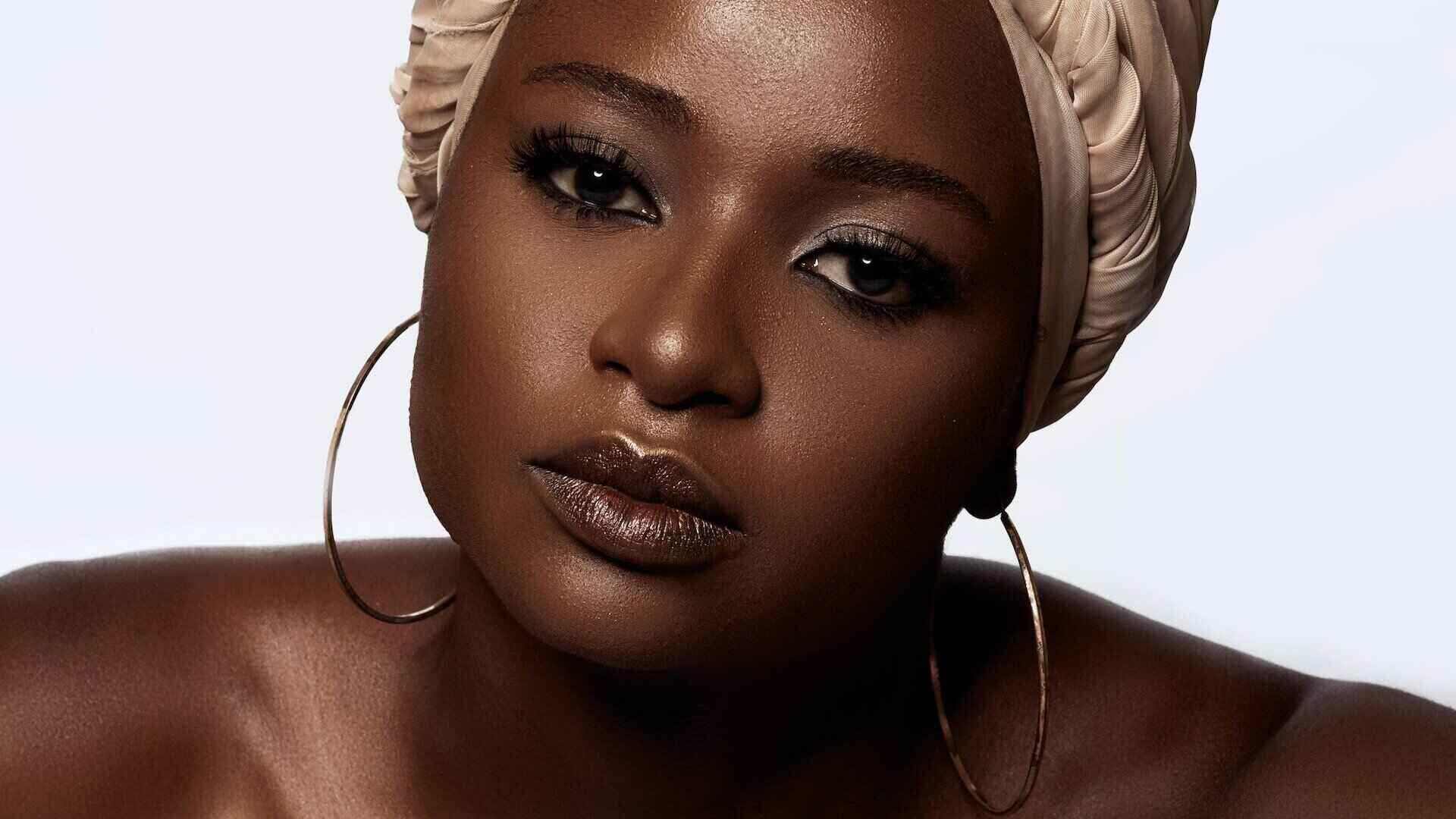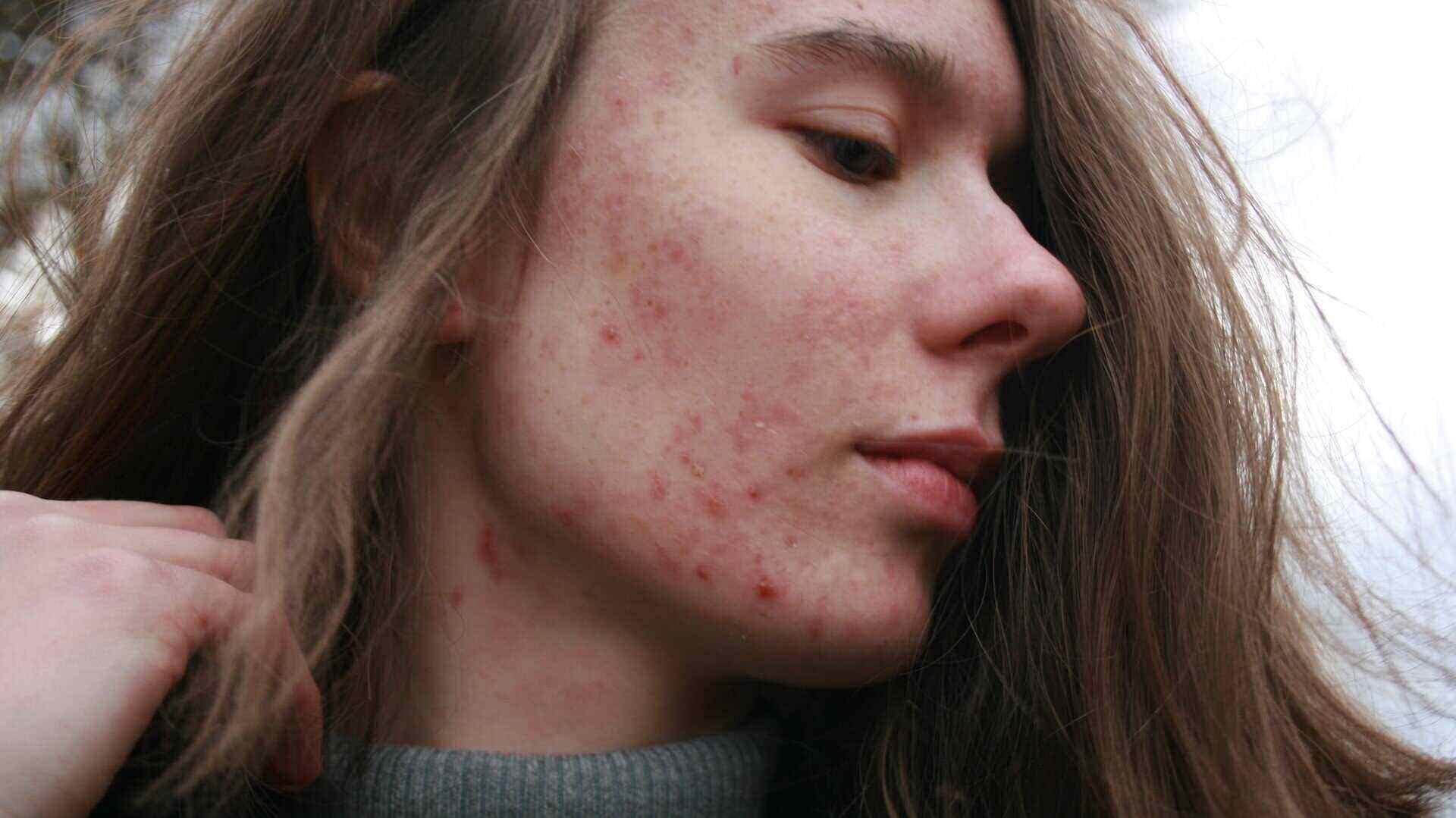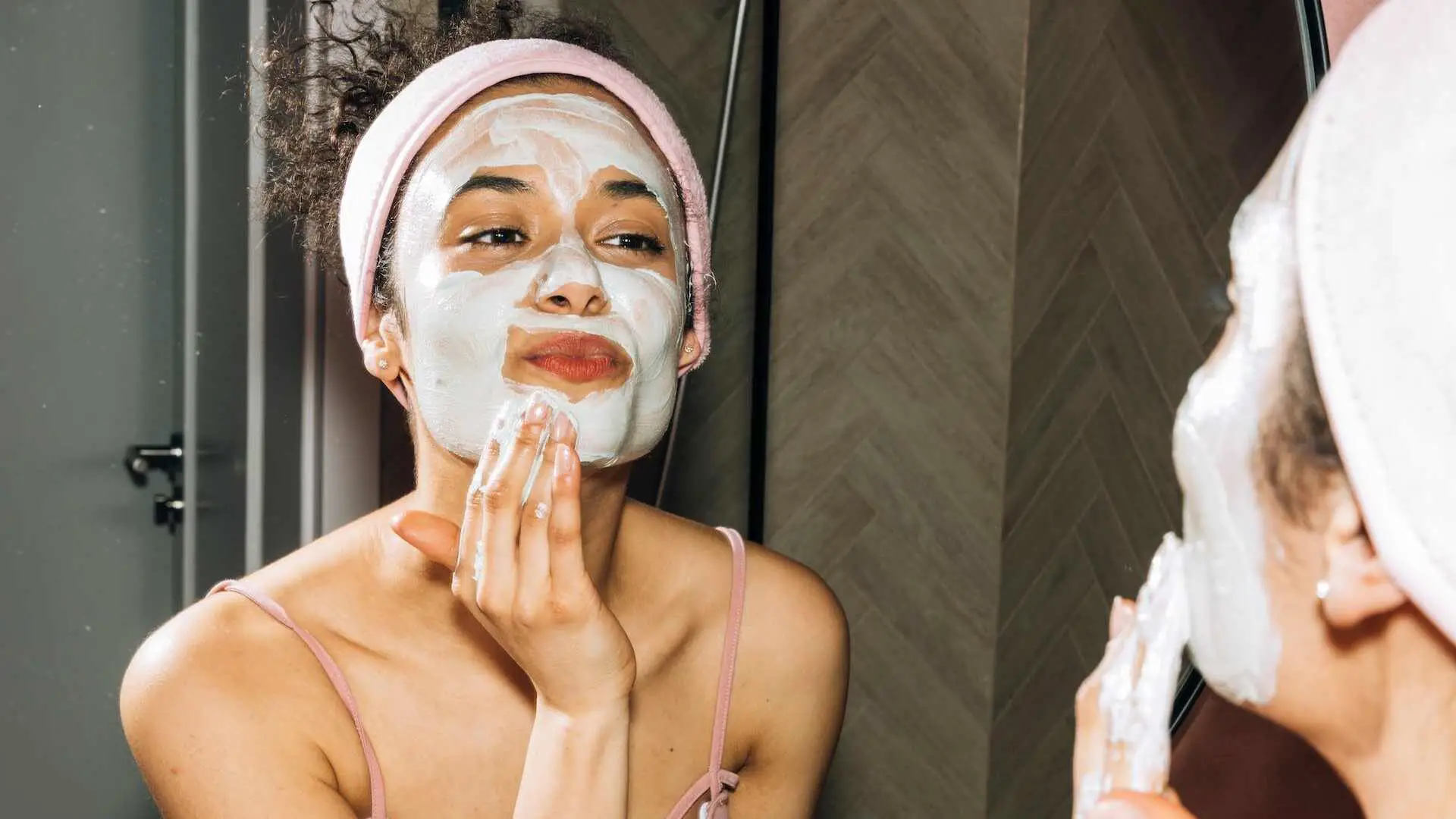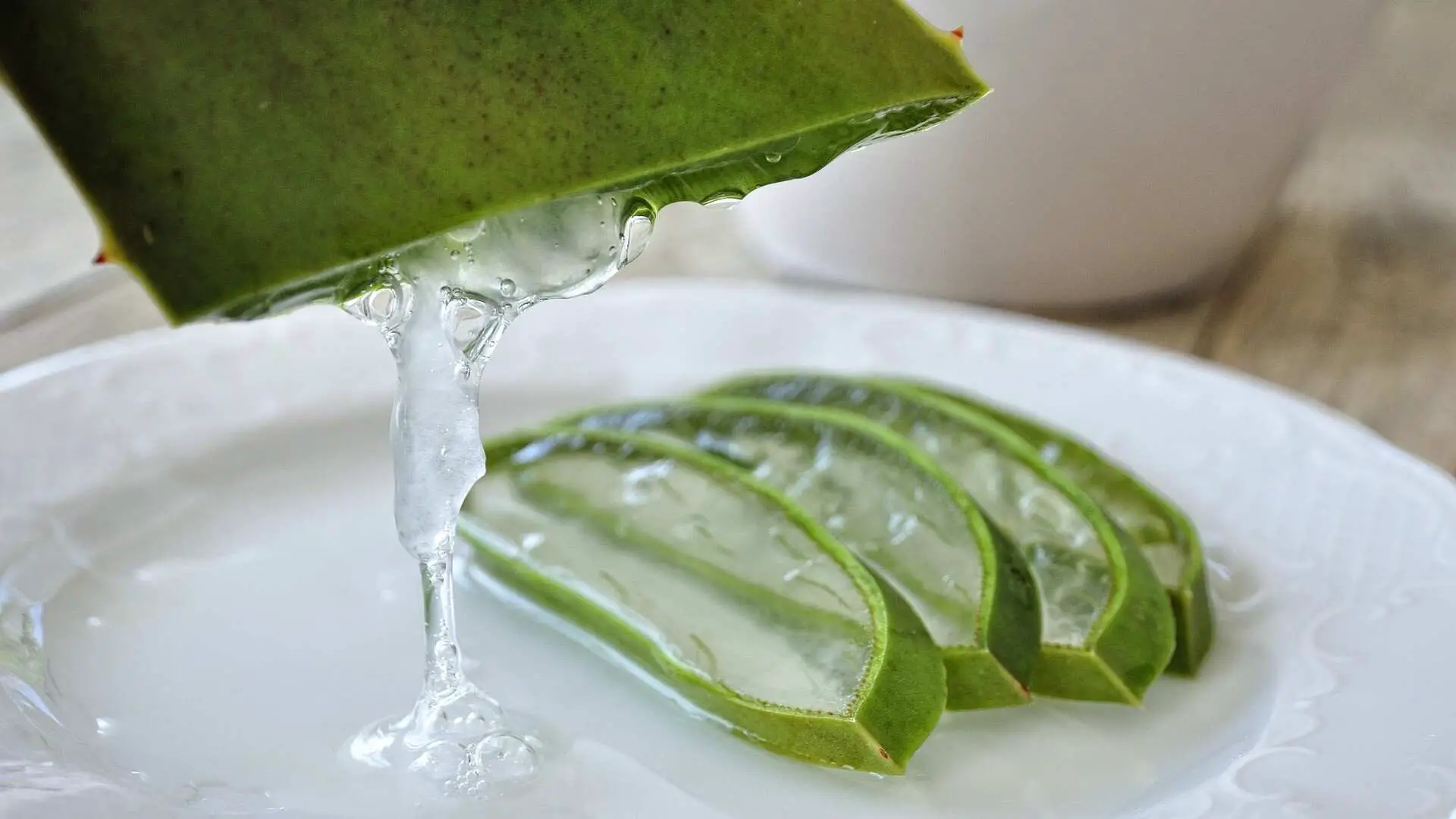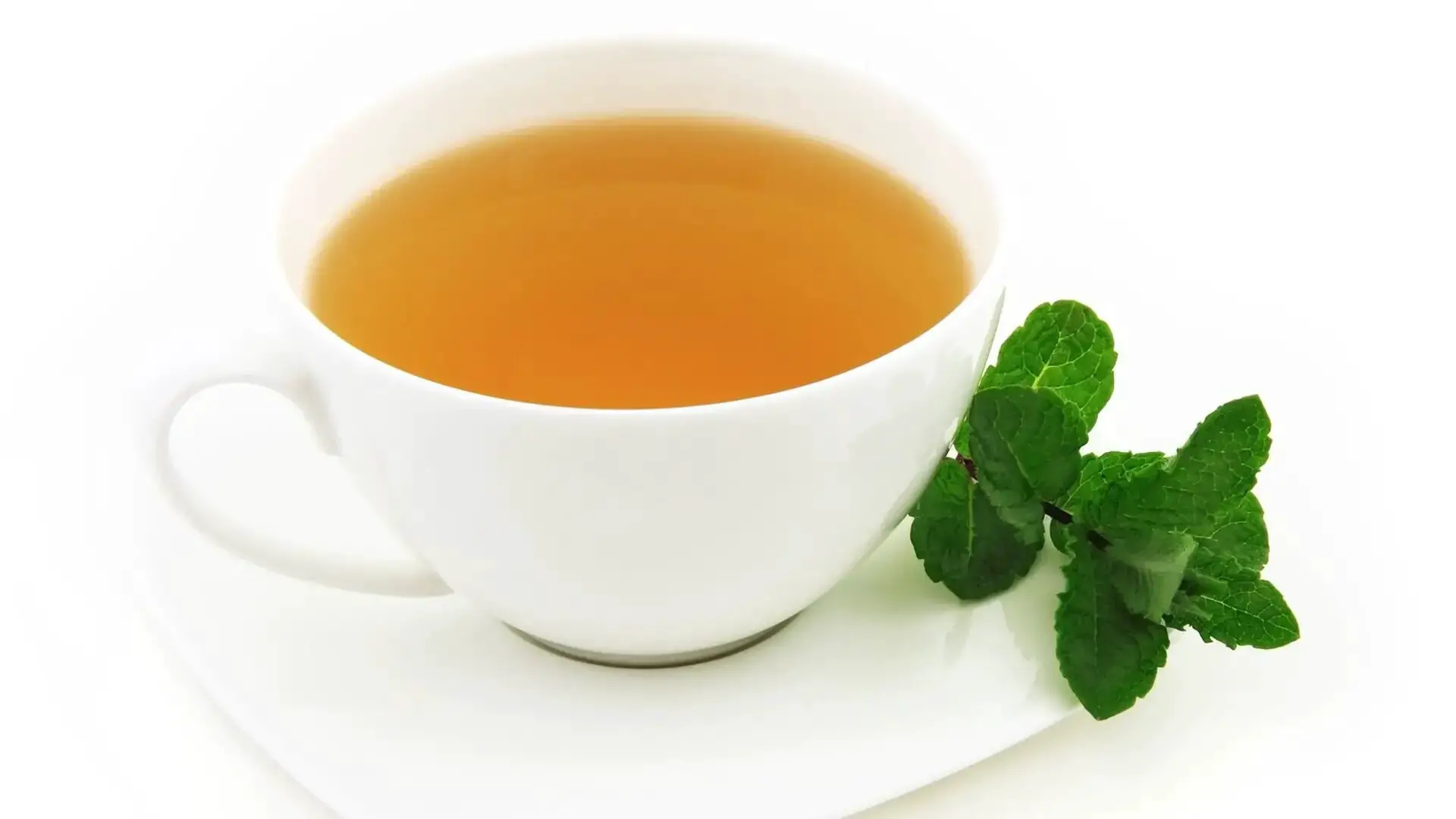A Guide To Reducing Acne And Breakouts: How Can I Reduce Acne And Breakouts?
Get flawless skin with these skincare tips. Learn about causes, natural remedies, dietary changes, medical treatments, and lifestyle adjustments to reduce acne and breakouts.
Acne is a common skin condition that affects many people, especially during adolescence. It is characterized by the development of pimples, blackheads, whiteheads, and cysts on the skin, particularly on the face, chest, and back. Breakouts, on the other hand, are sudden flare-ups of acne that can occur even after the condition is thought to be under control.
Both conditions can be frustrating and lead to low self-esteem. Maintaining clear skin is important for several reasons.
Firstly, clear skin promotes confidence and self-esteem. When you have acne or breakouts on your face or body, it can make you feel self-conscious and anxious about your appearance.
Secondly, maintaining clear skin helps prevent further damage to your skin in the form of scarring or hyperpigmentation caused by inflammation from acne lesions. This article aims to provide a comprehensive guide on how to reduce acne and breakouts through different approaches such as skincare routine modifications, dietary changes, natural remedies, and medical treatments available for severe cases.
Definition of Acne and Breakouts
The blockage or inflammation of hair follicles and the sebaceous glands that surround them in the dermis layer of the skin is what causes acne, a chronic inflammatory condition. Hormonal changes during puberty increase oil production, which in turn clogs pores, leading to painful pimples that may also leave scars over time if not treated properly. Breakouts are sudden flare-ups of acne that can occur even after primary treatment has been achieved. They can be triggered by various factors, including hormonal fluctuations in some women commonly seen around menstrual cycles but also occurring with stress levels or exposure to environmental factors such as pollution.
Importance of Maintaining Clear Skin
Maintaining clear skin has physical benefits like preventing scarring but also mental benefits like improved quality of life since having blemish-free skin can help boost self-confidence. Clear skin also ensures better absorption of skincare products as well as makeup application, improves the effectiveness of topical treatments, and reduces the risk of bacterial infections.
Causes of Acne and Breakouts
Hormonal Changes
Hormones play a significant role in the development of acne. During puberty, both boys and girls experience an increase in hormone production, which can cause the sebaceous glands to produce excessive amounts of oil. This creates a breeding ground for bacteria that can clog pores, leading to pimples, whiteheads, and blackheads.
Hormonal fluctuations during the menstrual cycle and pregnancy can also trigger acne breakouts in women. Additionally, hormonal imbalances caused by conditions such as polycystic ovary syndrome (PCOS) or an overactive thyroid gland (hyperthyroidism) can also contribute to the development of acne.
Genetics
Acne has a hereditary component, meaning if your parents or siblings have struggled with breakouts, you may be more prone to developing it as well. Genetics can determine how much oil your skin produces and how efficiently it sheds dead skin cells.
If your skin produces too much oil or sheds cells too slowly, it increases your chances of developing clogged pores and acne. Furthermore, some people may have naturally thicker hair follicles or larger sebaceous glands that make them more susceptible to developing acne.
Diet and Lifestyle Factors
Diet plays a significant role in overall health, including the health of our skin. Foods high in sugar or refined carbohydrates increase insulin levels in the body, which trigger inflammation throughout the body, including the skin. Inflammation can exacerbate existing acne or lead to new breakouts.
Additionally, not getting enough sleep can increase stress levels, which trigger hormone imbalances that lead to breakouts. Lack of exercise also contributes to unhealthy skin by reducing blood flow and oxygenation, which help remove toxins from our bodies.
Smoking cigarettes damages collagen production, leading to sagging, dull, uneven skin that is more prone to breakouts. Drinking alcohol dehydrates the skin, leading to excess oil production and inflammation.
Skincare Routine for Clear Skin
A proper skincare routine can be highly effective in preventing acne and breakouts. It involves regular cleansing, exfoliating, moisturizing, and sun protection.
Here Are the Steps to Follow for a Clear and Radiant Complexion
Cleansing: The Importance of Removing Makeup and Dirt from The Skin
Cleansing is the first step in any skincare routine. It helps to remove makeup, dirt, bacteria, and excess oil from the skin's surface. Simple soap and water may not be enough to clean your skin thoroughly; therefore, it is recommended to use a gentle cleanser specifically formulated for your skin type.
When choosing a cleanser, avoid products that contain harsh ingredients such as alcohol or sulfates, which can strip away natural oils that protect and hydrate the skin.
Exfoliating: How to Remove Dead Skin Cells That Can Clog Pores
Exfoliating is an essential step in preventing acne and breakouts, as it removes dead skin cells that can clog pores, leading to blackheads, whiteheads, or pimples. There are two types of exfoliants: physical exfoliants, which contain granules that physically slough off dead cells from the surface of the skin, and chemical exfoliants, which use alpha-hydroxy acids (AHAs) or beta-hydroxy acids (BHAs) to dissolve dead cells without scrubbing.
Physical exfoliants should be used with caution as they can irritate sensitive or inflamed skin, causing more harm than good. Choose an exfoliant with fine granules like sugar or jojoba beads that dissolve easily in water.
Moisturizing: Keeping the Skin Hydrated to Prevent Excess Oil Production
Moisturizing is an often overlooked step in preventing acne and breakouts. When the skin is dehydrated, it produces more oil to compensate, leading to clogged pores and breakouts. Therefore, it is essential to keep your skin hydrated by using a moisturizer that matches your skin type.
If you have oily or acne-prone skin, look for an oil-free or lightweight moisturizer that won't clog pores. For dry or sensitive skin, choose a creamier formula containing ingredients like glycerin or hyaluronic acid that hydrate the skin without causing irritation.
Sun Protection: How to Protect Your Skin From Harmful UV Rays
Sun protection is crucial not only for preventing acne and breakouts but also for reducing the risk of sun damage and premature aging of the skin. Use a broad-spectrum sunscreen with SPF 30 or higher daily, even when staying indoors, as UVA rays can penetrate windows.
Choose a non-comedogenic sunscreen that won't clog pores or cause breakouts. If you have oily skin, use an oil-free sunscreen with a matte finish to avoid looking greasy.
Reapply every two hours if you're outdoors and immediately after swimming or sweating. By following these skincare steps diligently, one can achieve clear, healthy-looking skin free from acne and breakouts.
Natural Remedies for Acne and Breakouts
Tea Tree Oil: A Trusted Natural Remedy for Acne
Tea tree oil is an essential oil extracted from the leaves of the Melaleuca alternifolia plant. This oil has been used for centuries for its medicinal properties, especially in treating skin infections.
Tea tree oil contains anti-inflammatory and antimicrobial properties that help reduce inflammation, soothe irritated skin, and kill bacteria responsible for acne. To use tea tree oil as a natural remedy for acne, mix it with a carrier oil like coconut oil or jojoba oil and apply it to the affected areas.
You can also add a few drops of tea tree oil to your daily cleanser or moisturizer to boost their effectiveness. However, remember that tea tree oil may cause skin irritation if used in high concentrations, so it's important to test it on a small patch of skin before applying it all over your face.
Aloe Vera: The Soothing Gel That Helps Clear Acne
Aloe vera is a succulent plant that has been used for centuries as a natural remedy for various ailments. It contains antibacterial and anti-inflammatory properties that make it an effective treatment option for acne-prone skin. Aloe vera gel helps soothe irritated skin and reduce the redness and inflammation caused by acne breakouts.
To use Aloe Vera gel as a natural remedy to calm irritations caused by acne breakouts, you should apply the gel directly to a clean face about 2-3 times per day (morning, afternoon, and evening). Alternatively, you can mix pure Aloe Vera gel with other essential oils like tea tree oil or lavender oil, which will enhance its effectiveness even further.
Green Tea: The Antioxidant-Rich Drink That Fights Acne From Within
Green tea is an antioxidant-rich drink that has been linked to multiple health benefits, including reducing inflammation, boosting metabolism, and preventing chronic diseases like cancer. Drinking green tea regularly may also help clear acne by reducing inflammation and sebum production that clog pores.
To use green tea as a natural remedy for acne, make a cup of tea and let it cool to room temperature. Then, dip a cotton ball in the tea and apply it to your face, or use it as a toner after cleansing your face.
Green tea can also be added to DIY face masks with other ingredients like honey or yogurt for enhanced effectiveness. Natural remedies like tea tree oil, Aloe Vera gel, and green tea are effective alternatives to chemical-laden skincare products for treating acne-prone skin.
However, remember that natural remedies take time to show their results, so don't expect overnight miracles! Try incorporating these natural remedies consistently into your skincare routine for 4-6 weeks before assessing their effectiveness.
Dietary Changes for Clear Skin
Reducing Sugar Intake: The Role of Sugar in Acne
When it comes to reducing acne, one of the most important dietary changes that you can make is to reduce your intake of sugar. Research has shown that eating a diet high in sugar and refined carbohydrates can raise insulin levels, which leads to an increase in oil production and inflammation. This inflammation can lead to clogged pores and breakouts.
To reduce your sugar intake, start by cutting back on sweetened drinks like soda and fruit juice. These beverages are often loaded with added sugars, which contribute to acne.
Instead, opt for water or unsweetened tea as a healthier alternative. You should also avoid processed foods like candy, baked goods, and sugary cereals.
Instead, try natural sweeteners like honey or maple syrup in moderation. And when you do indulge in sweets or desserts, choose lower-sugar options whenever possible.
Increasing Water Intake: The Importance of Hydration for Clear Skin
Drinking enough water is essential for clear, healthy skin. When your body is dehydrated, it produces more oil to compensate for the lack of moisture. This excess oil production can lead to clogged pores and acne.
To ensure that you're getting enough water each day, aim to drink at least 8–10 glasses (64–80 ounces) per day. Keep a water bottle with you throughout the day so that you can easily hydrate on the go.
If plain water isn't your thing, try adding a slice of lemon or lime for flavor. Additionally, foods with high water content, like cucumber or watermelon, can help keep you hydrated throughout the day.
Eating a Balanced Diet: The Role of Nutrition in Clear Skin
Eating a balanced diet rich in nutrients is essential for clear, healthy skin. Some nutrients that are particularly beneficial for the skin include vitamins A, C, and E, as well as zinc and omega-3 fatty acids. To get these nutrients in your diet, focus on eating a variety of colorful fruits and vegetables.
Opt for lean sources of protein like chicken or fish, and incorporate healthy fats like avocado or nuts into your meals. Additionally, try to avoid processed foods and fast food whenever possible.
These foods are often high in unhealthy fats and lack the essential nutrients that your skin needs to stay healthy. By making small dietary changes like reducing sugar intake, increasing water intake, and eating a balanced diet full of nutrient-rich foods, you can help reduce acne breakouts and improve the overall health of your skin.
Medical Treatments for Acne and Breakouts
Acne and breakouts can be frustrating to deal with, especially if home remedies and lifestyle changes don't seem to be making a difference. In such cases, it might be necessary to consider medical treatments that can help clear up the skin. There are two main types of medical treatments available: topical treatments and oral medications.
Topical Treatments
Topical treatments are products that are applied directly to the skin to treat acne and breakouts. The most commonly used topical treatments include benzoyl peroxide and retinoids. Benzoyl peroxide works by killing the bacteria that cause acne while also helping to reduce inflammation.
Retinoids, on the other hand, work by speeding up cell turnover, which helps to unclog pores. Benzoyl peroxide comes in various forms, such as creams, gels, and washes.
It is typically used once or twice daily after cleansing the face thoroughly. However, it's important to start with a low concentration of benzoyl peroxide, as higher concentrations can be drying or irritating for some people.
Retinoids come in different strengths and formulations, like creams or gels, which need a prescription from a dermatologist. It is typically recommended for use at night since sunlight can make it less effective.
Oral Medications
Dermatologists may also recommend oral medications if topical treatments are ineffective on their own or if there is moderate-to-severe acne present on the face or other body parts. Antibiotics: Oral antibiotics such as tetracycline or minocycline help fight acne-causing bacteria present deep within hair follicles where topical medication cannot reach.
Antibiotics should only be taken under the guidance of a doctor due to potential side effects such as gastrointestinal issues that can lead to antibiotic resistance when used improperly over long periods. Birth control pills: For females, an oral contraceptive pill can be prescribed as a medication for acne, as it helps regulate hormones that can cause breakouts.
These medications are highly effective in treating hormonal acne. Medical treatments for acne and breakouts may be necessary when home remedies and lifestyle changes are not enough.
Dermatologists may advise oral medications like antibiotics and birth control pills for moderate to severe cases of acne, while topical treatments like benzoyl peroxide and retinoids can be effective in milder cases. It is important to consult with a dermatologist before starting any medical treatment to ensure the safety and effectiveness of these treatments.
Lifestyle Changes for Clear Skin
Reducing Stress Levels
Stress can have many negative impacts on your body, including your skin. When you are stressed, your body releases hormones such as cortisol and adrenaline, which can trigger inflammation and lead to acne flare-ups.
To reduce stress levels, try incorporating relaxation techniques such as yoga or meditation into your daily routine. Taking breaks throughout the day to stretch or take a walk can also be helpful in reducing stress levels.
Exercising Regularly
Exercise is not only great for overall health but also for maintaining clear skin. When you exercise, blood flow increases, which helps carry oxygen and nutrients to the skin.
Additionally, sweating during exercise helps to remove impurities from the skin's pores. However, it is important to remember to shower after exercising and avoid wearing tight-fitting clothing that can trap sweat against the skin.
Getting Enough Sleep
Getting enough sleep is essential to maintaining clear skin, as it gives the body time to repair itself. During sleep, cells regenerate and produce collagen, which helps keep the skin supple and firm.
Lack of sleep can lead to dark circles under the eyes and a dull complexion. Aim for 7-8 hours of sleep per night and try establishing a bedtime routine that promotes relaxation, such as reading or taking a warm bath.
Takeaway
Achieving clear skin requires a multifaceted approach that includes both skincare habits and lifestyle changes. Maintaining a consistent skincare routine with gentle cleansers and moisturizers is essential to keeping pores clear of dirt and bacteria, while natural remedies like tea tree oil or green tea can help reduce inflammation associated with acne breakouts.
In addition, making dietary changes such as reducing sugar intake or increasing water consumption can help maintain healthy-looking skin from within. Lifestyle changes such as reducing stress levels, exercising regularly, and getting enough sleep can also have a significant impact on the appearance of your skin.
Incorporating relaxation techniques into daily routines and staying active through exercise can help reduce stress levels, while ensuring your body is getting enough rest can provide ample time for skin cell regeneration. By following these tips, you will be well on your way to achieving clear, healthy-looking skin.
FAQs
1. What causes acne and breakouts?
2. How can I modify my skincare routine to reduce acne?
3. Are there any natural remedies that can help with acne?
4. What dietary changes can I make to improve my skin condition?
5. When should I consider medical treatments for acne and breakouts?


